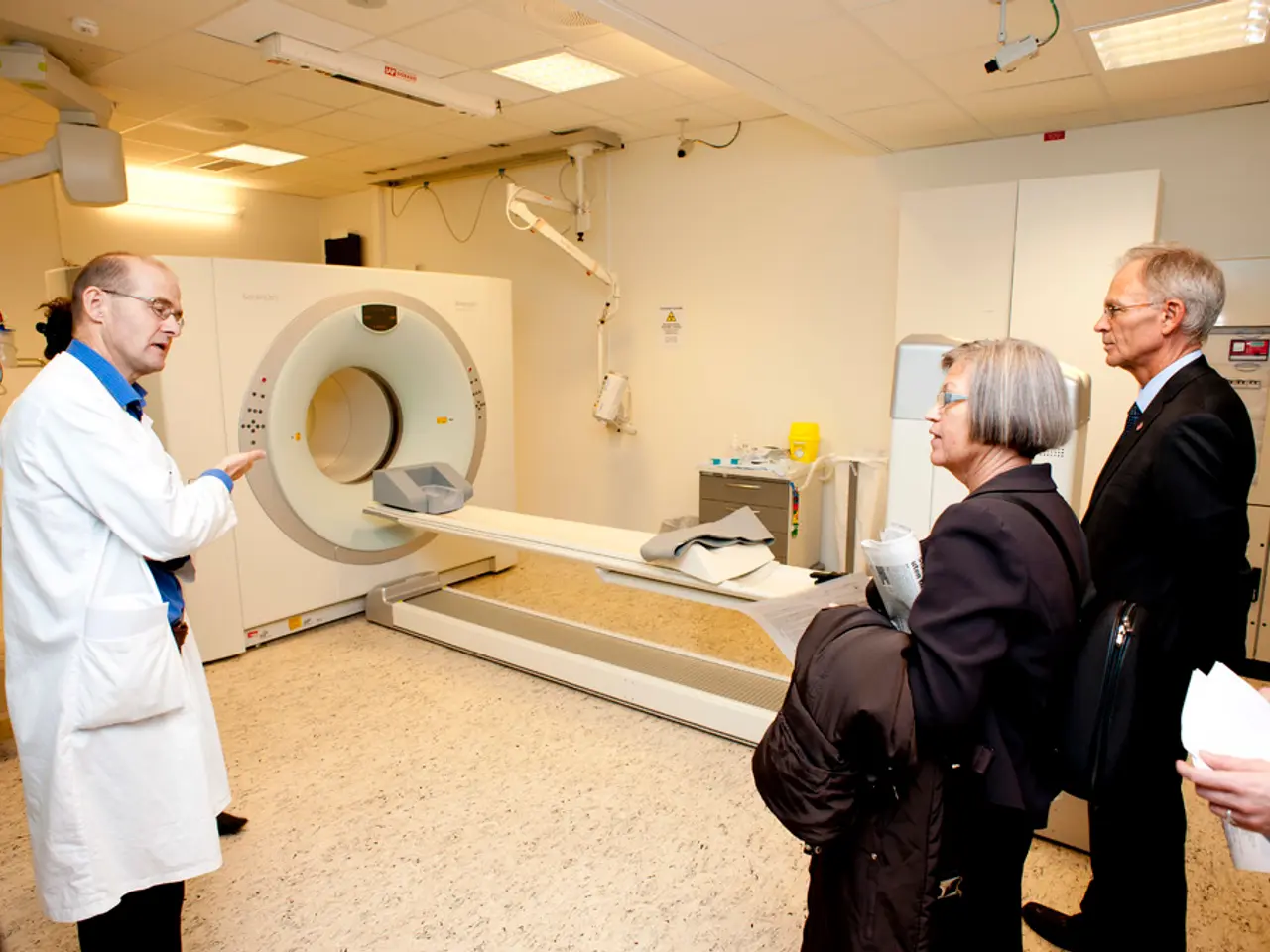Artificial Intelligence in Nursing Care: Exploring Its Potential Benefits
Nurses are increasingly looking towards artificial intelligence (AI) to enhance their practice, but it's essential to understand when to use AI tools and when to rely on their own clinical expertise. The future of nursing, whilst being shaped by AI, will still fundamentally depend on the human qualities that nurses bring to patient care – critical thinking, clinical expertise, and human compassion.
AI offers several advantages in nursing. For instance, it can predict sepsis in ICU patients up to 12 hours before doctors would normally catch it, saving precious time in treatment. Moreover, AI can read through thousands of medical studies in seconds, providing key points that would take nurses hours to gather. It can also support research and evidence-based practice for nurses pursuing advanced degrees, summarising the latest research on various topics.
AI can help nurses connect with patients, not replace important human moments. New technology, including AI, should help nurses, not create more steps or confusion. AI can assist with documentation by transcribing conversations, writing clinical notes, filling out electronic health records, and creating discharge summaries. This automation allows nurses more time to focus on patient care, improving overall job satisfaction.
About 45% of what healthcare workers do could be automated, freeing up time for patient care. Generative AI can create tailored educational materials for patients based on specific conditions, literacy levels, and cultural considerations. It can also generate new content, such as care plans, patient notes, and explanations of medical conditions.
However, there are challenges associated with AI integration in nursing. Data quality and integrity issues can compromise AI reliability, as performance relies on accurate, complete, and up-to-date data. Algorithmic bias and fairness concerns can lead to unequal healthcare outcomes, especially for underrepresented populations. Continuous auditing and diverse datasets are needed to mitigate these issues.
Nurses should participate in training opportunities and stay informed about developments in healthcare AI. Understanding how to spot when AI might be wrong is crucial, as AI can make mistakes, give outdated information, or miss important details that a nurse would catch. AI outputs require validation and critical evaluation by nurses.
Ensuring nurses are adequately trained in AI use and maintaining ethical, culturally sensitive practices are ongoing challenges. Patient privacy should be protected when using AI, adhering to HIPAA rules and hospital privacy policies.
In summary, generative AI has significant potential to improve nursing efficiency, patient outcomes, and workforce sustainability. However, it must be implemented with careful attention to data quality, bias mitigation, human oversight, and education.
[1] AI Healthcare: Opportunities and Challenges for Nurses [2] Data Quality and AI in Healthcare: A Review [3] AI in Nursing: A New Era for Patient Care [4] Algorithmic Bias and Fairness in Healthcare AI [5] Ethical and Educational Implications of AI in Nursing Practice
AI can support nurses' personal growth and education-and-self-development by summarizing the latest research and providing tailored educational materials for patients, which is beneficial for online-learning and overall professional development. However, it's crucial for nurses to understand that AI should never replace their clinical expertise, human compassion, and critical thinking – elements that are essential in patient care. Moreover, nurses should be adequately trained to use AI responsibly, maintain ethical practices, and verify AI outputs to prevent mistakes or missed details that could impact patient care.




